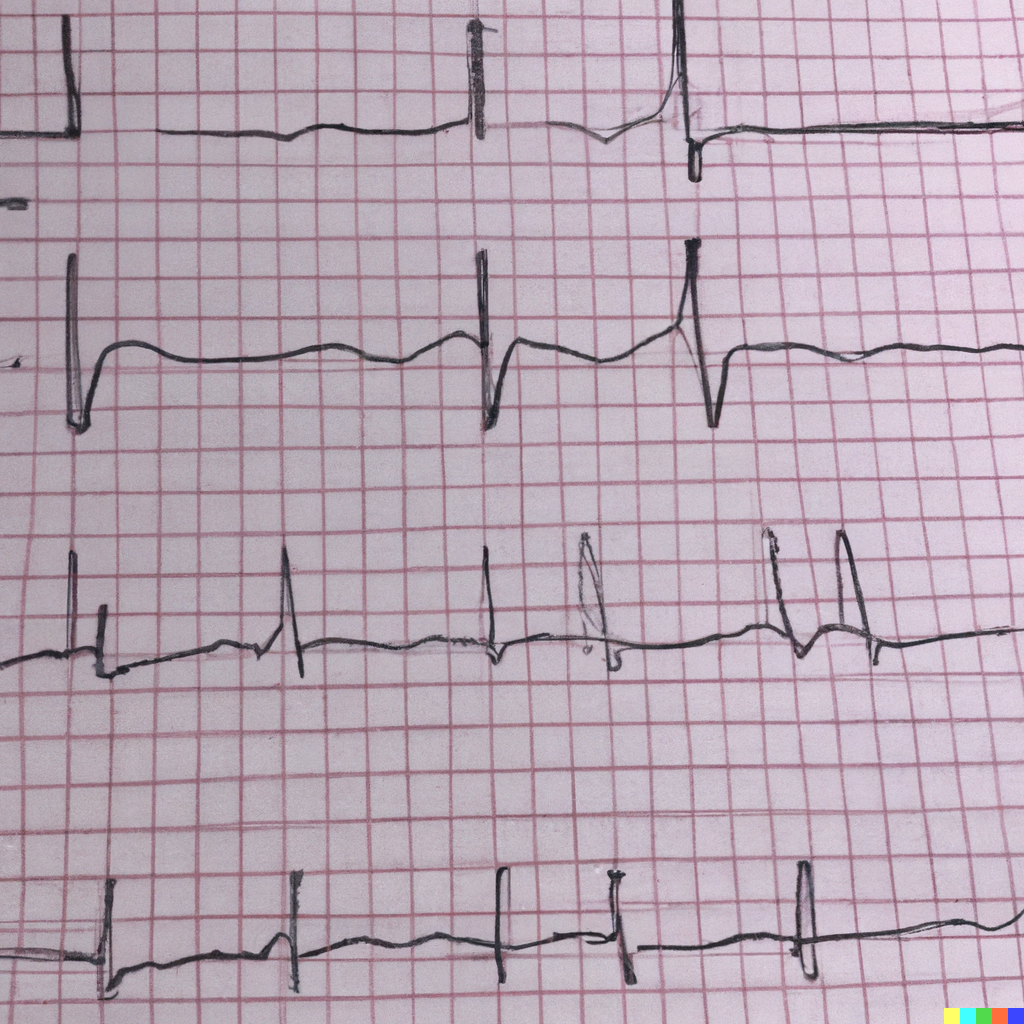This study evaluated the impact of weight loss and weight fluctuation on rhythm control in obese individuals with atrial fibrillation (AF). The study included 355 patients with AF who were offered weight management. Weight loss was categorized into three groups, with group 1 having a loss of ≥ 10%, group 2 having a loss of 3% to 9%, and group 3 having a loss of <3%. Results showed that AF burden and symptom severity decreased more in group 1 compared to groups 2 and 3. The greatest arrhythmia-free survival was seen in group 1. The study concluded that long-term sustained weight loss is associated with a significant reduction of AF burden and maintenance of sinus rhythm, but weight fluctuation of >5% partially offset this benefit, with a 2-fold increased risk of arrhythmia recurrence.
https://pubmed.ncbi.nlm.nih.gov/25792361/


Leave a Reply